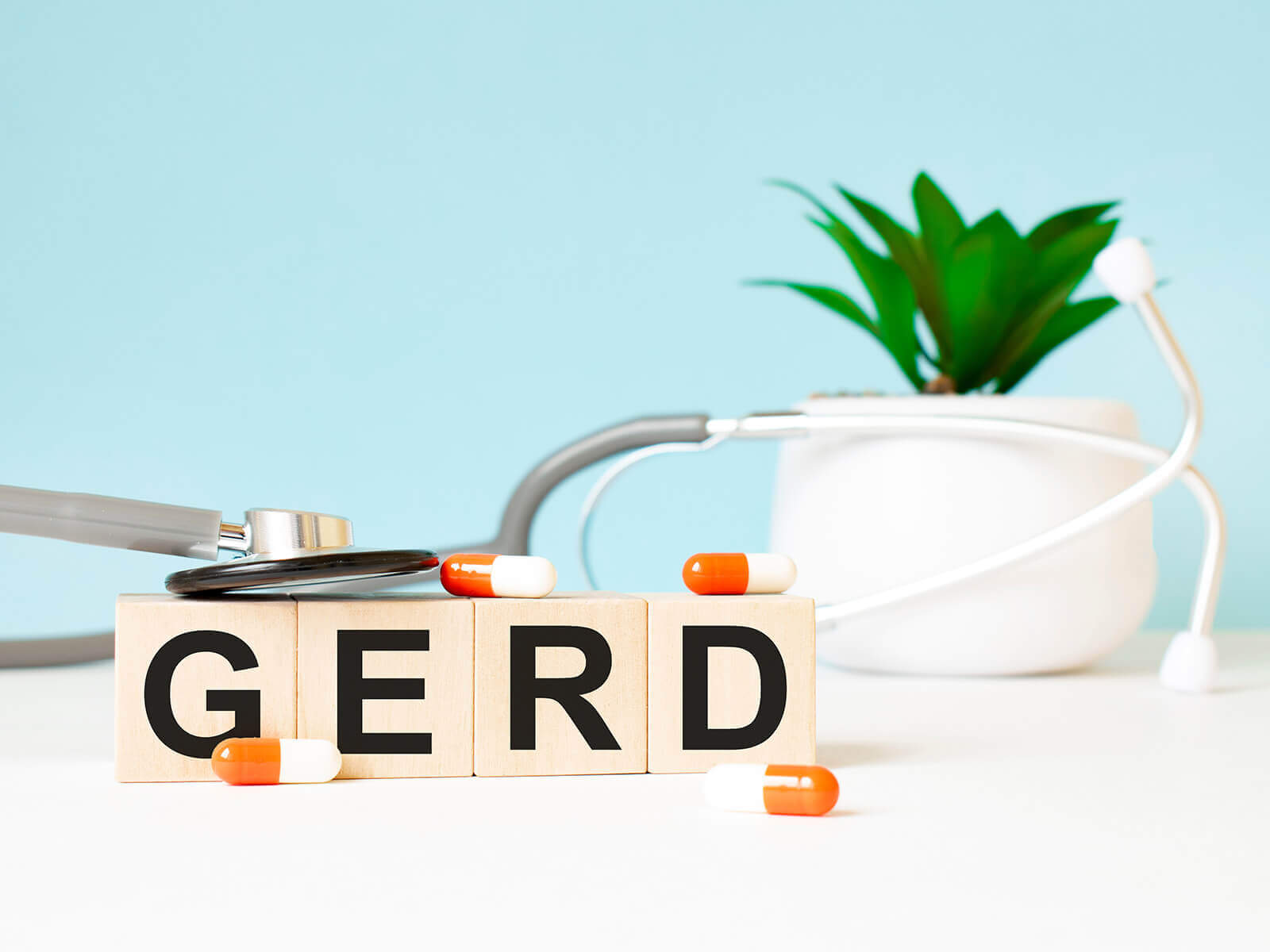
GRERD is a condition which happens when the stomach acid goes back up to the esophagus, irritating and bringing about inflammatory conditions. The result of this backwash in the long run is heartburn, chest pains and damage of the esophageal lining. There are others who will have a type of silent GERD whereby they will not have any heartburn; they may complain of sore throat or persistent cough instead.
Early recognition of GERD makes it easier to manage. Common symptoms include:
Several factors can trigger or worsen GERD:
Sees what is wrong, and make it better. Contact GastroDoxs in Jersey Village and make your appointment. Our staff is willing to hear, assist, and help get on the path of permanent relief and improved digestive system.
We've successfully treated more than 1.5K patients, helping individuals improve their digestive health and overall well-being through expert, personalized care.
With over 20 years of experience, GastroDoxs has been a trusted provider of gastroenterology care, focusing on delivering the best outcomes for patients
Silent GERD occurs when stomach acid refluxes into the esophagus without the typical heartburn symptoms. Instead, symptoms may appear as throat tightness, chronic cough, or hoarseness.
Yes. Without treatment, GERD can lead to complications such as esophagitis (inflammation of the esophagus), stricture (narrowing of the esophagus), or Barrett's esophagus, which may increase the risk of cancer.
Symptoms such as frequent heartburn, painful swallowing, persistent cough, or chest pain should prompt a consultation with a doctor. Diagnostic tests may include a pH test, endoscopy, or breath test.
Yes. Avoiding trigger foods like fatty, spicy, or acidic items and following a GERD-compatible diet can significantly reduce reflux episodes and related symptoms.
Some natural remedies, such as herbal teas like chamomile, licorice, or slippery elm, and probiotics to support digestion, can help relieve symptoms in some patients.
The ICD-10 code for GERD without esophagitis or esophageal damage is K21.9. This is used when endoscopic findings show no signs of esophagitis.
Probiotics can help balance gut flora and improve digestion, potentially reducing reflux effects. Always consult a doctor regarding specific strains and dosages.
Yes. Refluxing acid can irritate nerves in the chest or upper abdomen, sometimes causing pain in the upper or middle back.
Risk factors include obesity, pregnancy, smoking, certain medications, and a weak lower esophageal sphincter.
Home pH monitoring kits exist, but they may not be as accurate as clinical tests. For a reliable diagnosis and treatment plan, it is best to consult a gastroenterologist.